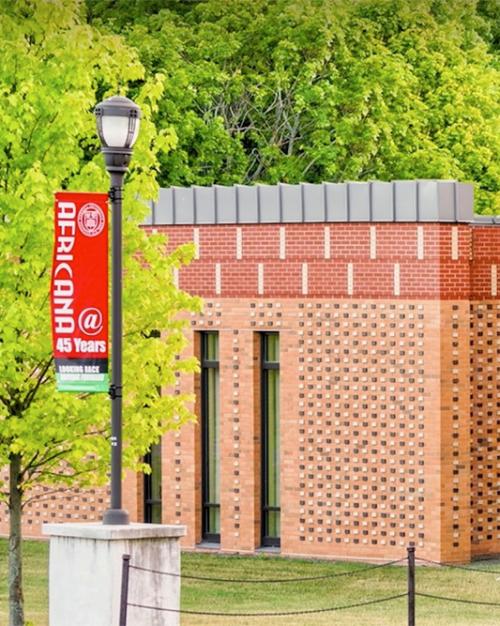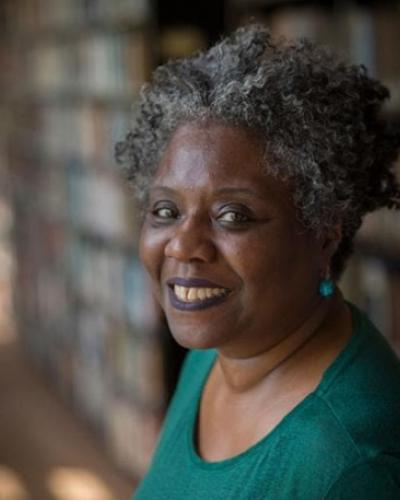As the coronavirus began to upend life across the country earlier this year, media outlets turned to Cornell professor Noliwe Rooks to parse the impact on American schoolchildren. In outlets from public radio to the Wall Street Journal, Rooks explained the disproportionate effects the outbreak was having on low-income Black and Latino families—particularly in the pandemic’s epicenter of New York City, home to the nation’s largest school district. She noted that as schools shifted to remote learning, many students of color were being left behind; among the myriad challenges, they’re more likely to lack Internet access and digital devices, and to have parents who can’t afford to forego work to supervise lessons. In addition, since millions of children in underserved communities rely on schools for daily meals and social services, closures can have dire consequences for their overall well-being. “We now have an economic crisis on top of the public health crisis,” she told the news program Democracy Now! in April. “And the ways that we’re choosing to educate children is simply unequal and is going to lead to an educational crisis, an educational pandemic, on the other side.”
Read the entire article in the Cornell Alumni Magazine at http://cornellalumnimagazine.com/class-conscious/





